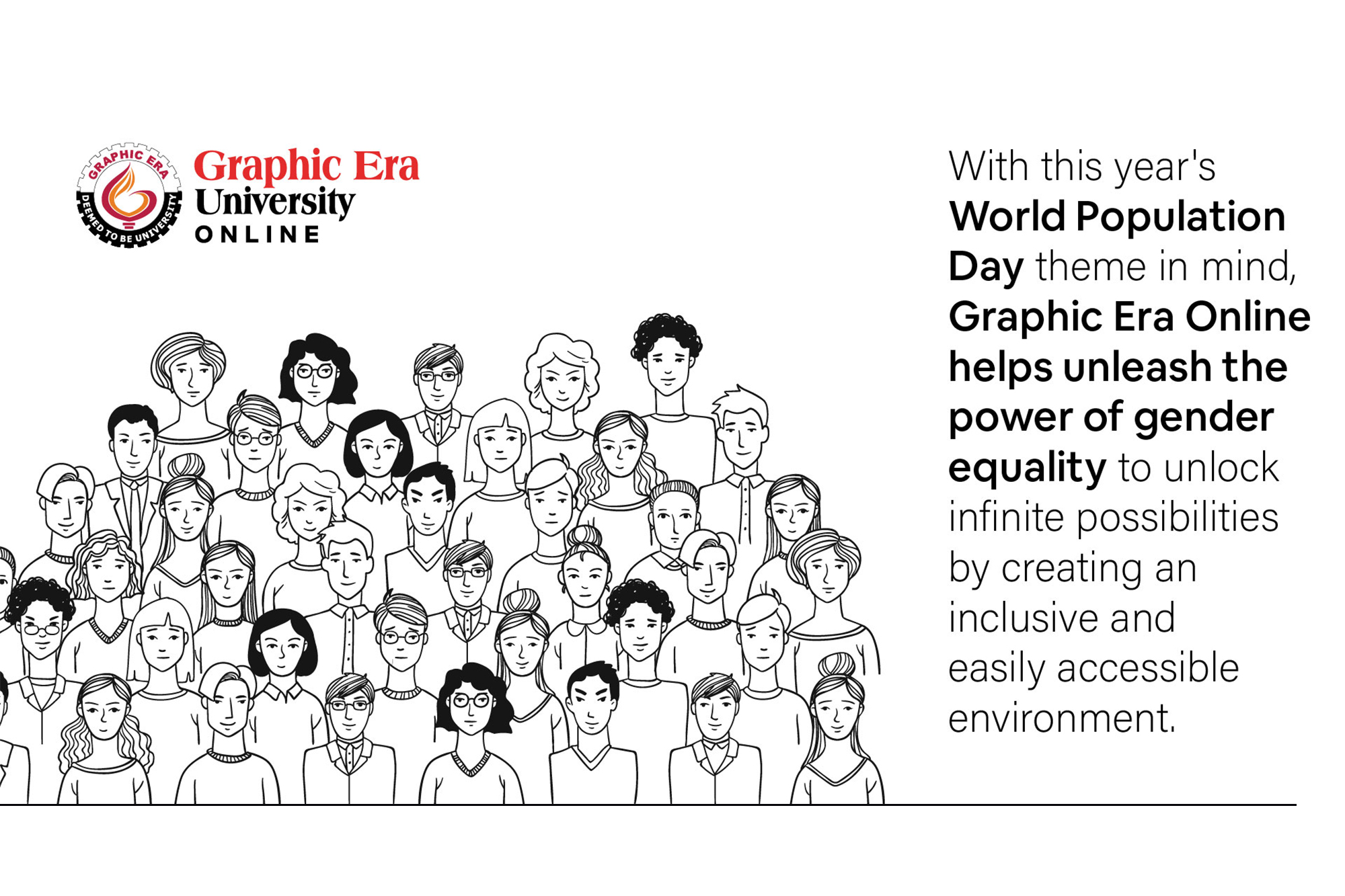“A gap year, also known as a sabbatical year, is typically a year-long break before or after college/university”. During this break students engage various educational and self-developmental activities.
Basically, a break from your regular studies or quitting your job to pursue things like doing internship at your dream company, volunteering with an NGO or doing something of your interest and figuring out what kind of career you want to pursue further.
What could be the different scenarios of taking a gap year?
Let us understand it better with below examples`
Graduate Students taking gap years for preparation of competitive exams like UPSC, CAT etc.
For example, Rohan he had completed his bachelor’s degree in business administration (BBA) and had decided to take a year off to study and give CAT exams.
Basically, CAT or Common Admission Test is an exam conducted yearly by the IIM’S (Indian Institute of Management) to assess the aptitude of the students who want to build a career in management. This test enables us to get admission into IIMs and other top B-schools in India.
Eligibility criteria to apply for CAT exams are following.
- Candidate must have bachelor’s degree or its equivalent from recognised university with 50% of marks (45% for SC/ ST/ PWD)
- Exam is conducted in English language only.
- Validity of CAT score is for 1 year.
A gap year taken by Rohan, enabled him to get more time at his disposal and be more focused to prepare for the CAT examination without any distractions. Moreover, the decision of taking gap year brought wonders for him as he was able to clear the exam as well crack the interview and thus made it to IIM Bangalore and not only he completed his MBA from IIM he also got selected in college placements at KPMG and is living his life to the fullest.
Master students taking gap years for preparation of CA exams or equivalent UPSC exams
ICAI exams commonly known as CA exam, is conducted by Institute of Chartered Accountants of India (ICAI) for aspirants who want to build a career in chartered accountancy in India. According to University Grant Commission (UGC) CA qualification is equivalent to postgraduate degree. The CA exam includes three levels. If you have a desire to become a certified Chartered Accountant you have to clear all the three levels.
The three levels of the CA exams are given below:-
- CA Foundation
- CA Intermediate
- CA Final
Eligibility Criteria and key highlights for CA exam:
- Students should pass 12th class or equivalent exams from central or state board.
- CA exam is conducted twice a year.
- Exam is conducted in Hindi and English language.
- Mode of examination is offline.
- ICAI is the conducting body.
Without doubt, clearing CA exams take lot of hard work, dedication, and constant motivation. The process of clearing three levels of CA exam is tedious.
For example in case of Ms Vanshika, an ardent CA aspirant, while she was completing her graduation in those three years she cleared CA foundation and intermediate levels. Therefore just as she completed her graduation she got an worthy opportunity of CA article training. After completing one year of CA article training Vanshika decided to take a gap year.
A gap year which would help her to prepare for her CA finals. The gap year not only helped her to prepare well for her CA finals but also gave her the clarity that she should enrol for an Online MBA in Finance which would give her edge over others and could be a backup and save her time if she was not able to clear the finals.
This gap year opened new doors of learning for her and endowed her with some new experiences and learning apart from the traditional CA curriculum. Moreover, this break fuelled her with new energy to resume her journey of CA.
Today Vanshika is a CFO for an MNC, though after two attempts she was not able to clear her CA finals. But those gap years helped her give her best efforts and also helped her complete her online MBA. She was steep with knowledge and in life she gained experience after experience which helped her achieve success in these coming years.
Freshers who take gap years to pursue their dream careers.
Aviyukt, after completion of his BBA degree, he started of his career as a sales executive, but after some time he realised that the job of sales executive was not his cup of tea. So he quit his job and took a gap year to spend time with himself. In this gap year he picked up his camera and started going on photo-walks, capturing the moments around the city, and in no time, he realised that clicking photographs was his interest. So, in order to make a career in photography, he enrolled himself in a professional photography course and started learning the details of the photography.
To gain further experience, he started volunteering for an event management company by covering their in house events and clicking event pictures for them. Apart from this, he also started taking on freelance projects to click pictures for local cafés and medium sized restaurants.
A gap year is not always smooth for everyone; they have to deal with the societal pressure and criticism from their friends and relatives. Therefore, one should plan their gap years in such a way that during that period they acquire skills and knowledge that will assist them in future endeavours and help them grow personally and professionally.
Employees who want to upskill themselves to get better incentives/pay.
Raghav is a BCA graduate and started his career as software engineer with expertise in C++ language. Last year he completed 6 years with Wipro.
In his six years of job, he had realised that his career is getting stagnant and he needs to update himself as per industry trends. So, keeping a check on his savings he planned for a yearlong gap year. During this gap year Raghav used his time to take up some work projects on freelance basis which were different from his work he did for Wipro, this gave him an idea of the current trends in IT industry. Meanwhile simultaneously while freelancing on projects in order to upskill himself he enrolled himself in Online MCA. In online MCA he started learning programming languages like python, JavaScript and swift code.
Currently, Raghav runs his own company called Webnet, where he provides web development and digital marketing services to his clients. Thus the gap year helped him gain more clarity, earn more as well as upskill and better existing skills and also learn new skills.
Conclusion
Taking a gap year is a personal decision, the success of the same depends on an individual. If an individual has taken gap year with utmost clarity and utilises the time out to update and learn, there is nothing more productive than the gap year. One of the biggest benefits of continuing your education while you simultaneously work is, you have a job which pays you and the learning from your online classes help you be a more efficient professional at work.
So, if you are someone who is looking for online education while you are on your gap year or planning to take one do visit our website geuonline.com.
Graphic Era University Online offers 100% online degree courses that allow you to work and study simultaneously. Its advanced learning management system will enable you to manage your personal and professional lives. So, don’t wait enrol now on geuonline.com to start your journey!



